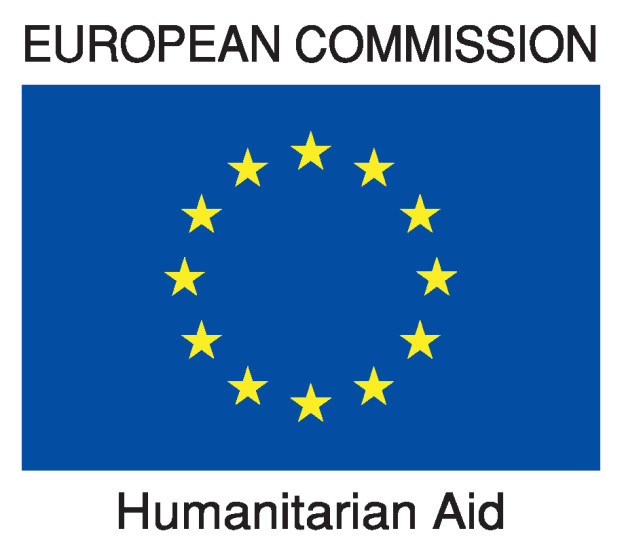The European Union’s (EU) budget is taxpayer’s money used to implement the adopted policies. Fraud and corruption involving EU funds have a particularly negative impact on the EU financial interests, EU’s reputation and the implementation of EU policies including the fulfilment of the defined objectives.
Prevention and detection of fraud and irregularities is set out as an objective of the internal control architecture as stipulated by the Financial Regulation1 and is recognised as a key governance requirement within the European Commission.
Taking into consideration its specific working environment, ECHO takes the risk of fraud and corruption very seriously. In this sense, a set of measures aiming at minimising this risk are embedded in ECHO’s control architecture. Additionally, procedures on the handling of fraud allegations are in place allowing for proper communication and followup of allegations and cases of fraud, corruption and other serious wrongdoings2.
This document summarises the anti-fraud strategy of ECHO describing the conceptual framework, the identification of fraud risks, the objectives, the anti-fraud measures already in place, and an action plan aiming at increasing the efficiency and effectiveness of the anti-fraud related activities.
Anti-Fraud Strategy









